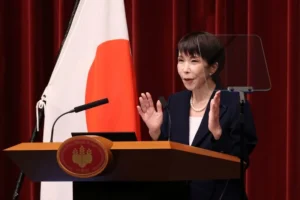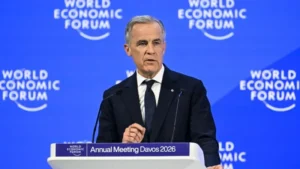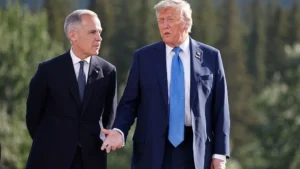Syria has announced that it will not take part in planned talks with the Kurdish-led Syrian Democratic Forces (SDF) in Paris. A government source confirmed the decision on Saturday through state television, saying the move was in response to actions by the SDF that violated a previous agreement between the two sides.
According to the source, Damascus views the SDF’s earlier forum, organized with U.S. support, as a breach of trust and a direct violation of the accord. The forum, which took place before the planned Paris meetings, was described by the government as undermining the understanding that had been reached in the past.
The government made clear that it would not engage in any talks with groups or individuals seeking to “revive the era of the former region.” While the source did not specify which period was being referred to, the comment appeared to point to a time when areas in northern and eastern Syria operated outside of central government control.
The SDF is a key military and political group that has played a central role in the fight against extremist forces in Syria. Backed by the United States, the group controls significant territory in the north and east of the country. Its leadership has called for political solutions that recognize its administrative structures, a stance that often clashes with the Syrian government’s position on national sovereignty and territorial integrity.
Tensions between Damascus and the SDF have grown in recent years, despite occasional cooperation in certain areas. While both have opposed some of the same armed factions, their political goals remain far apart. The government in Damascus insists that all territory should return under its direct control, while the SDF continues to push for recognition of its self-administration in the regions it governs.
The planned Paris meetings were expected to bring together representatives of the SDF and international partners to discuss Syria’s political future, reconstruction efforts, and security arrangements. Syrian officials, however, have now ruled out their participation. The government’s decision underscores its unwillingness to engage in any forum that it views as undermining national unity or violating previous agreements.
The refusal also reflects broader political divisions within Syria and the wider region. Many international actors, including Western countries, have expressed support for dialogue with the SDF as part of efforts to stabilize areas liberated from extremist control. Damascus, on the other hand, has maintained that such talks must take place within a framework that respects Syria’s sovereignty and the authority of its central government.
The state television report did not mention whether alternative talks might be arranged in the future. For now, Syria’s stance suggests that its relationship with the SDF will remain strained, with little sign of progress toward a political settlement between the two sides.
The Paris meetings are still expected to go ahead without Syrian government participation, though it remains unclear how this will affect the outcomes. Observers say that without Damascus at the table, any agreements reached may have limited impact on the ground.
Political analysts note that the current dispute is part of a broader struggle over Syria’s political and territorial future. The SDF’s role, bolstered by its ties to Washington, continues to be a point of contention for Damascus. Until both sides find common ground, efforts to resolve Syria’s long-running crisis are likely to face significant obstacles.







